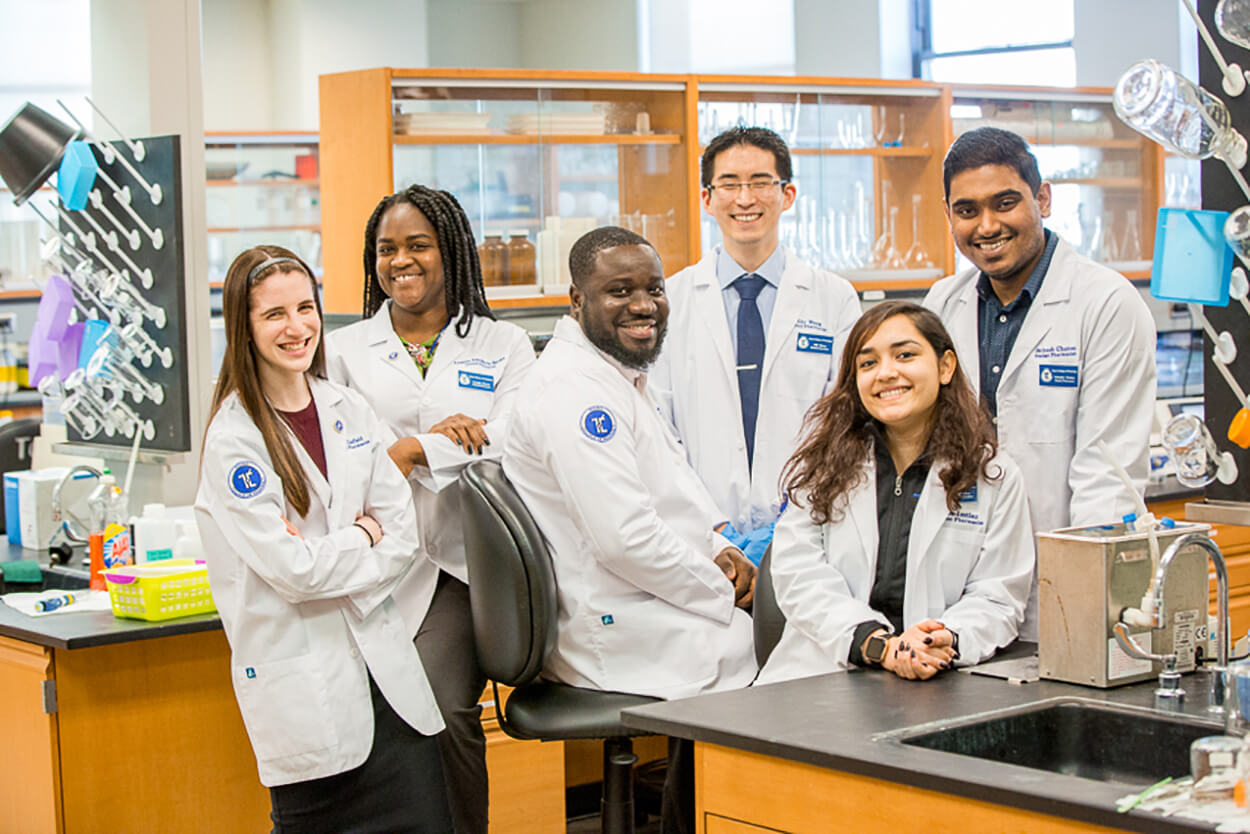Hoping for a Job Offer When Your Rotation is Done?
Do’s and Don’ts to Turn Your Pharmacy Rotation Experience Into a Job

In the third year of pharmacy school, students have the opportunity to experience what it’s like to work in a variety of real-life pharmacy settings—hospital, retail and more. These rotations are a chance to learn what the daily life of a pharmacist is all about, network with potential employers with the hope of a job offer.
According to Nelly Adel, PharmD, BCOP, BCPS, Chair, Pharmacy Practice at Touro College of Pharmacy in Harlem, "students on rotation get job offers all the time." Adel offers her top do's and don'ts to help ensure a successful outcome.
Do’s
Read the syllabus of each rotation in advance of your first day. This will ensure that you understand the responsibilities and know what’s expected of you, enabling you to be prepared and show your preceptor/supervisor that you are taking the rotation seriously.
Gather information about the people you’ll be working with--the preceptor or hospital faculty. Check to see if they’ve published and what their research interests are and then engage them in a sincere way. You will impress them that you took the time to find out what they care about. Ask relevant questions and find common ground on topics of interest.
Work on developing a successful and positive relationship with your preceptor.
You only have one chance to make a first impression - the first day is key and even the first few minutes are critical. Try to connect on a personal level and discuss expectations right away.
Go beyond the basic requirements of the rotation. Do more than you are asked. Consider the 6-week rotation one long job interview. If the preceptor asks you to do a number of tasks in quick succession, he or she is checking to see how dedicated you are and whether you are employable in the long term.
Appearances count. Make sure your lab coat is ironed and clean and you are always neat and professional.
Always show up on time. Give plenty of notice to your supervisor if you have another commitment, such as a doctor’s appointment, that will necessitate your being late for work on a given day. Unexplained lateness or absences will take you out of consideration for a full-time position.
Address issues that come up immediately.
Don’ts
Avoid strongly disagreeing with the preceptor. It’s okay to have a difference of opinion but express yourself in a positive manner and always present data. You can say based on X, Y, Z data, it seems this would be the course of action to follow. Never be disrespectful in your communication.
Don’t get into conversations with co-workers that are unprofessional. Be courteous and respectful to all staff. Don’t gossip or complain to others about your supervisor. This type of talk is almost always damaging to your reputation and potential future in that setting.
Don’t criticize people or processes on the rotation. Remember, you’re there to learn so make sure you understand your place as a student.

